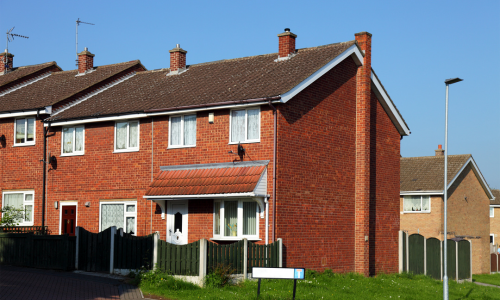
When it comes to choosing a place to live, one of the biggest decisions you’ll face is whether to settle in the bustling city or the peaceful countryside. Both have their advantages, but it all depends on your personal lifestyle, preferences, and priorities. Here’s what to consider when weighing city versus country living.
Lifestyle and pace of life:
City living is fast-paced, with a constant buzz of activity, events, and opportunities. If you thrive on energy, convenience, and a wide range of cultural activities, the city might be your ideal home. On the other hand, the countryside offers a slower, more relaxed pace of life, with fewer distractions. If you value peace, solitude, and access to nature, country living could be a better fit.
Access to amenities:
Cities offer an abundance of amenities, including shopping centres, restaurants, healthcare, and entertainment options. If having everything at your doorstep is a priority, the city is unbeatable. However, country living often means fewer amenities and services, which can be a downside if you rely on easy access to shops or public transport. That said, many rural areas are increasingly well-connected, with good road links to nearby towns and cities.
Space and privacy:
One of the biggest advantages of country living is the space. Homes in rural areas tend to offer larger plots of land, gardens, and more privacy. If you enjoy outdoor activities, gardening, or simply having more room to breathe, the countryside is the clear winner. In contrast, city living often means smaller homes and less privacy, though some urban areas offer modern flats with excellent facilities.
Cost of living:
Generally, living in the city tends to be more expensive, especially in terms of housing costs. Property prices and rent are typically higher in urban areas due to demand and limited space. In contrast, rural properties can be more affordable, and you may get more value for your money in terms of size and land. However, you may face higher commuting costs or additional travel time.
Employment and opportunities:
Cities are hubs for employment, with many industries, networking opportunities, and career paths. If your career depends on being near your workplace or industry events, the city is likely the best option. However, the countryside may offer more limited job prospects, though remote working and a growing number of rural businesses are helping to change this.
In conclusion, the choice between city and country living comes down to personal preferences. Consider what matters most to you in terms of lifestyle, cost, space, and opportunities to find the perfect fit.